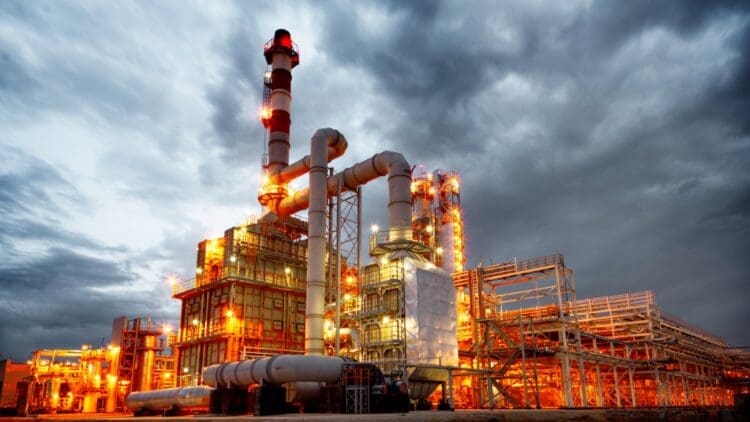The African energy market has been growing at an astonishing rate in recent years. As the global energy market is in a constant state of change, adapting to the needs of the world, several nations are investing in diversifying their energy markets. One such nation is the North African country of Algeria. The nation’s oil company has outlined a plan to invest up to $7 billion to expand petrochemical and refining capacity over the coming years, setting the stage for Algeria to become a petrochemical production hub that serves the African and global markets.
Algeria is accelerating its economic transformation through a substantial investment
Algeria’s government has been contemplating methods to increase energy refining capacity over the past couple of years, with the answer coming via a substantial multi-billion-dollar investment in the nation’s petrochemical refining capacity. Petrochemicals are essential to several energy sectors, including the plastics and feedstock markets.
Following years of stagnation, the Algerian government has finally doubled down on its petrochemical ambitions and has outlined a $7 billion plan to expand petrochemical and refining capacity. The plan calls for a shift away from hydrocarbons towards producing high-value chemical products. The petrochemical production sector can offer the North African nation access to a more stable and lucrative market, while also reducing reliance on imports.
Algeria’s significant investments in the industrial sector have been coming for years now
The government has been mulling over potential methods to increase socio-economic growth through advanced manufacturing of essential petrochemical products for the global energy market. The astonishing $7 billion investment aims to boost the nation’s export sector, all while creating new employment opportunities and reducing reliance on imports, marking a new era for the African energy market.
The initial investment is just the start of a 10-year vision for Algeria
The initial multi-billion-dollar investment is just the start, according to the government. Algeria has outlined a 10-year plan to transform the nation into a regional hub for the petrochemical production industry. The $7 billion investment encompasses a wide range of projects, including but not limited to:
- Polypropylene Megaplant: The astonishing $1.5 billion Arzew facility will convert propane into 550,000 tonnes of polypropylene per year, which will support the automotive, textiles, and packaging sectors.
- Alkylbenzene Production Plant: This 100,000-tonne annual capacity flagship facility will serve the region’s detergent and surfactant needs, with a substantial surplus available for export to the international market.
- LPG and Condensate Facility: The pioneering plant will produce LPG and gas for the domestic market, producing 1,000 tonnes of LPG and 300 tonnes of condensate daily, strengthening Algeria’s supply chain and reducing imports.
The new initiative from the Algerian government comes as other nations across the sea outline plans to build new and pioneering petrochemical facilities, marking a shift in the global energy production market, some say for the better, as the end of the conventional oil sector is a lot closer than one might think. Regardless of sentiments over political affiliations, Algeria’s ambitious investment is a step in the right direction.
Algeria to invest even more in the petrochemical sector in the years to come
The $7 billion plan to expand petrochemical and refining capacity in Algeria is just the start, as the government has noted its intention for a sweeping 10-year vision that will surpass $25 billion in investments by 2030 for the energy sector in the North African nation. The Asian petrochemical sector has been boosted by a new deal between PETRONAS, Enilive, and Euglena to break ground on a new biorefinery complex in Malaysia, pointing to a wider increase in petrochemical production across the international energy biosphere. Algeria’s economic growth is heading full steam towards a new era for the African nation.








